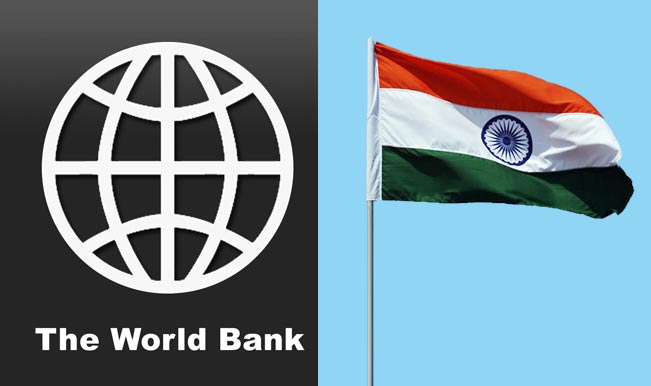
India
is going to witness a 16.18% increase in remittance inflow this year(2018),
the latest World Bank report on migration and remittances reveals. While
the remittance inflow to India in 2017 was $68.9 billion, according to
the World Bank the remittance in 2018 is expected to be $79.4 billion.
India is followed by China ($67 billion), Mexico and the Philippines
($34 billion each), and Egypt ($26 billion), according to the report.
The 2017 remittances constituted 2.7% of India’s GDP. While the
figure was $70.3 billion in 2014, in 2015 it was $68.9 billion and in
2016 it was $62.7 billion. Remittances to South Asia are projected to increase by 13.5% to $132
billion in 2018, a stronger pace than the 5.7% growth seen in 2017.
“The upsurge is driven by stronger economic conditions in advanced
economies, particularly the United States, and the increase in oil
prices having a positive impact on outflows from some Gulf Cooperation
Council (GCC) countries, such as the United Arab Emirates, which
reported a 13% growth in outflows for the first half of 2018,” the
report added.
The GCC is a regional inter-governmental political and economic bloc of Bahrain, Kuwait, Oman, Qatar, Saudi Arabia and the UAE.
The report adds that Bangladesh and Pakistan might experience upticks of 17.9% and 6.2% in 2018 respectively.
The World Bank estimates that officially recorded remittances to
developing countries will increase by 10.8% to reach $528 billion in
2018, against a 7.8% growth in 2017.
Global remittances, which include flows to high-income countries, are projected to grow by 10.3% to $689 billion, it said.
“Even with technological advances, remittance fees remain too high,
double the SDG target of 3%. Opening up markets to competition and
promoting the use of low-cost technologies will ease the burden on
poorer customers,” said Mahmoud Mohieldin, Senior Vice President for the
2030 Development Agenda, United Nations Relations, and Partnerships at
the Bank.
Meanwhile, for 2019, it is projected that remittances growth for the
region will slow to 4.3% due to a moderation of growth in advanced
economies, lower migration to the GCC and the benefits from the oil
price spurt dissipating.


No comments:
Post a Comment